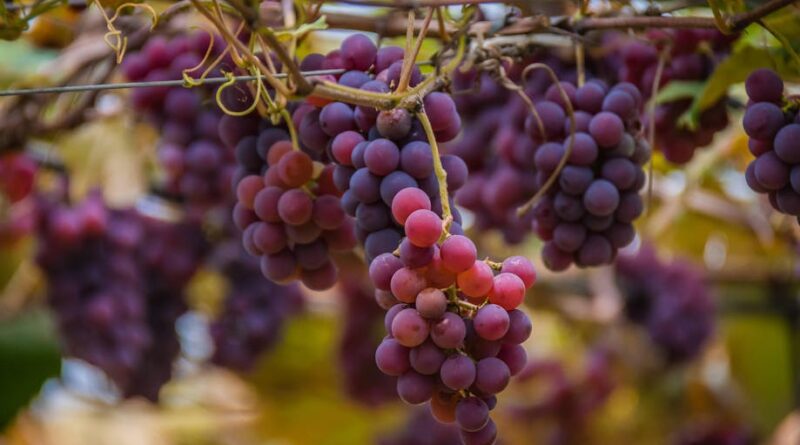The Rise of Organic Grape Cultivation
Did you know that organic grape cultivation is on the rise? More and more vineyards are choosing organic methods. This shift is not just a trend; it’s changing how we think about wine and food production. So, why are farmers going organic, and what does it mean for you?
What Makes Organic Grapes Special?
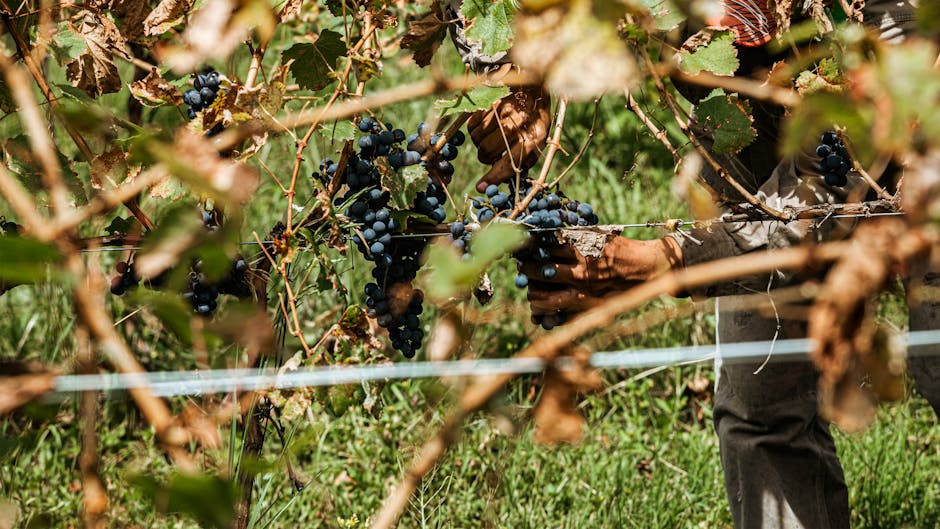
Organic grapes are grown without synthetic pesticides or fertilizers. This means they’re healthier for both the environment and our bodies. Imagine biting into a grape that isn’t coated in chemicals. Tasty, right?
According to the USDA, organic farming can help reduce pollution and conserve water. It also promotes biodiversity, creating a balanced ecosystem. When you choose organic grapes, you support a healthier planet.
Why Are Farmers Switching to Organic?
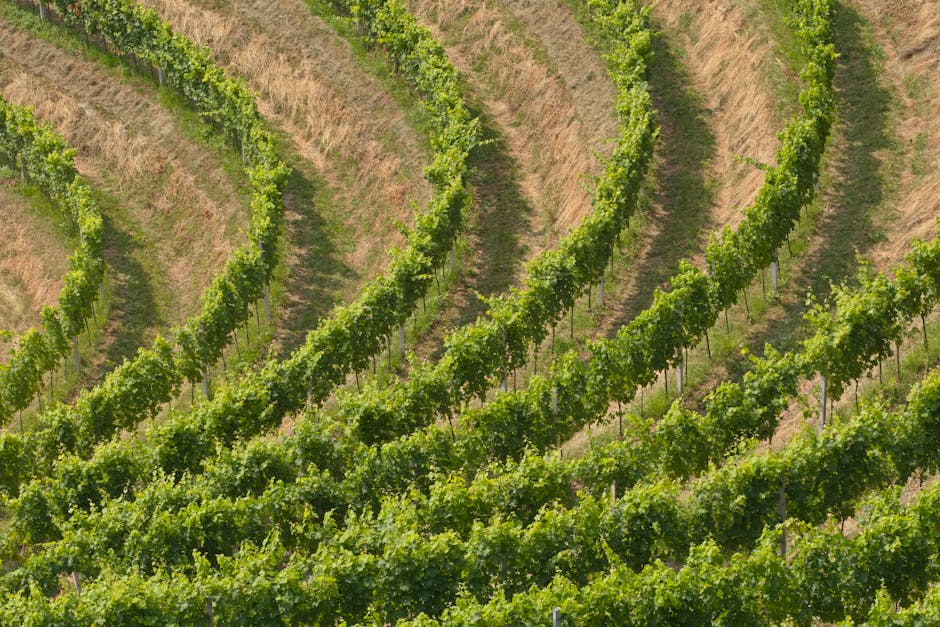
Farmers are making the switch for several reasons:
- Consumer Demand: Many people prefer organic products. They believe organic is healthier and tastes better.
- Environmental Benefits: Organic farming promotes healthier soil and fewer chemicals in our water supply.
- Market Growth: The organic wine market is expected to keep growing. This means more profit for farmers.
As the demand for organic grapes increases, more vineyards are adopting these methods. For example, a recent study found that the organic wine market grew by 20% last year alone. that’s a big jump!
How Do Organic Methods Work?
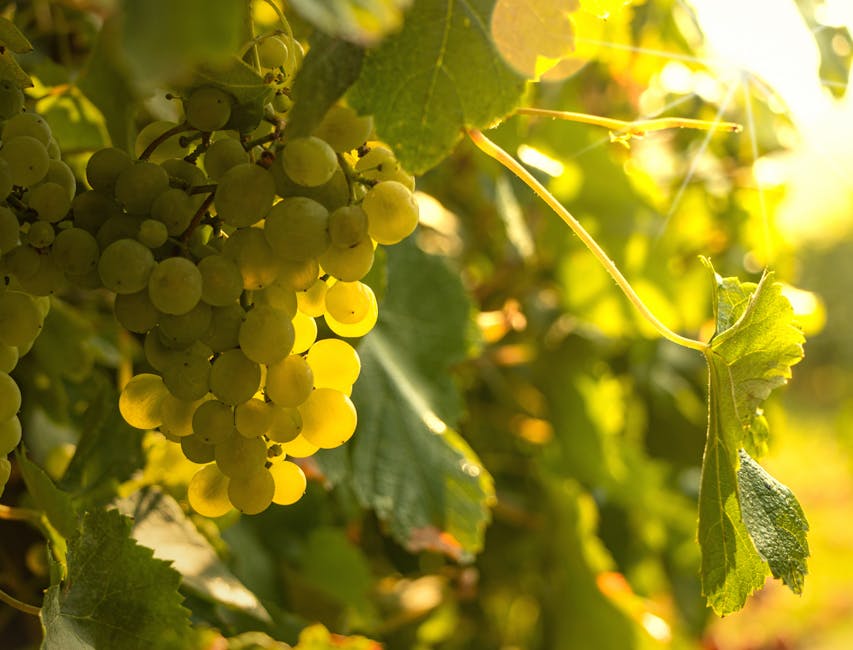
Organic grape farming relies on natural processes rather than chemicals. Here are some methods organic farmers use:
- Crop Rotation: This helps maintain soil health and reduces pests.
- Cover Cropping: Planting certain crops helps improve soil quality and prevent erosion.
- Natural Pest Control: Farmers use beneficial insects or natural repellents to keep pests away.
These techniques may take more time and effort, but they lead to healthier grapes. And healthier grapes can lead to better wine!
What Are the Challenges of Organic Grape Cultivation?
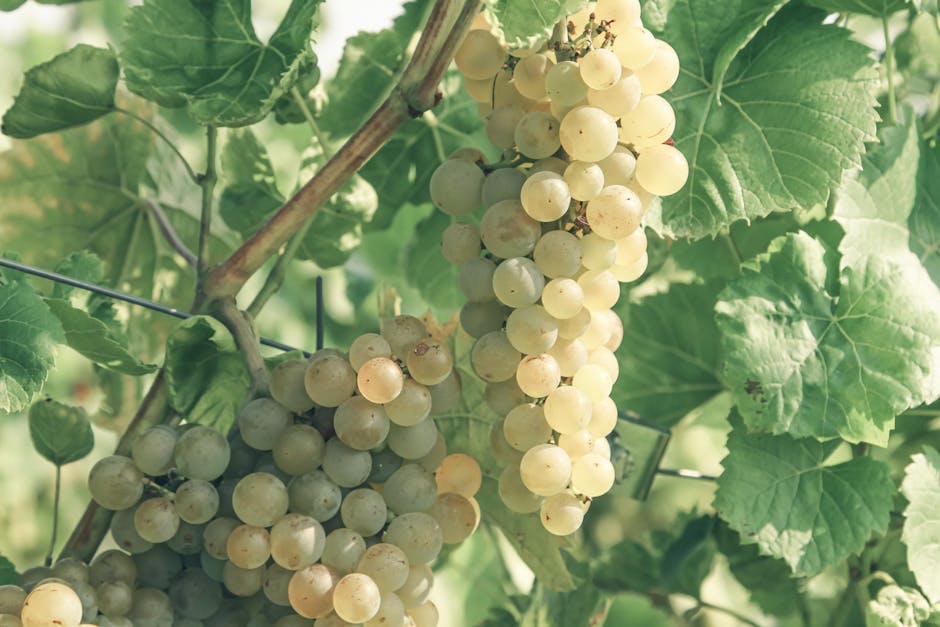
Switching to organic isn’t always easy. Farmers face several challenges, including:
- Higher Costs: Organic farming can be more expensive due to labor and natural inputs.
- Certification Process: Farmers must go through a rigorous process to become certified organic.
- Pest Management: Without synthetic pesticides, controlling pests can be tough.
Despite these challenges, many farmers believe the benefits outweigh the downsides. They see a growing interest in organic products and want to meet that demand.
What Does This Mean for Wine Lovers?
If you love wine, the rise of organic grape cultivation is exciting! Heres why:
- Better Quality: Organic farming often leads to grapes with more flavor. This means better wine!
- Healthier Choices: Organic wines typically have fewer chemicals, making them a healthier option.
- Support Local Farmers: By choosing organic, you support farmers who care about the environment.
Next time you’re at the store, look for organic wine. You might find a new favorite!
Are There Any Misconceptions About Organic Grapes?
Many myths surround organic farming. Let’s address a few:
- Organic Means Perfect: Some think organic grapes are always perfect. In reality, they can still have imperfections because they aren’t treated with chemicals.
- Organic is Always More Expensive: While organic options can be pricier, local farmers’ markets often offer competitive prices.
- Organic Wine Has No Alcohol: This is false! Organic wines have the same alcohol content as conventional wines.
Understanding these misconceptions can help you make informed choices. it’s all about finding what works best for you and your values.
what’s Next for Organic Grape Cultivation?
The future of organic grape cultivation looks bright. Experts predict continued growth in this sector. As more consumers seek out organic products, farmers will likely respond by adopting more sustainable practices.
Furthermore, technological advancements may improve organic farming methods. Innovations in pest control and soil management can help farmers overcome current challenges.
How Can You Support Organic Grapes?
Want to get involved in this organic movement? Here are a few easy ways:
- Purchase Organic Wine: Choose organic wines when shopping. Look for labels that indicate organic certification.
- Visit Local Vineyards: Many local vineyards offer organic options. Visiting can help you learn more and support your community.
- Spread the Word: Talk about the benefits of organic grapes with friends and family!
Your choices can make a difference. Every small step counts!
Conclusion: The Future is Organic
The rise of organic grape cultivation is more than just a trend. It represents a growing awareness of health, sustainability, and quality. As consumers, we have the power to support this movement through our choices.
Next time you sip a glass of organic wine, remember the journey it took to get there. Together, we can encourage more farmers to embrace sustainable practices. Cheers to that!
For more information on organic farming practices, check out the USDAs resources on organic farming.
